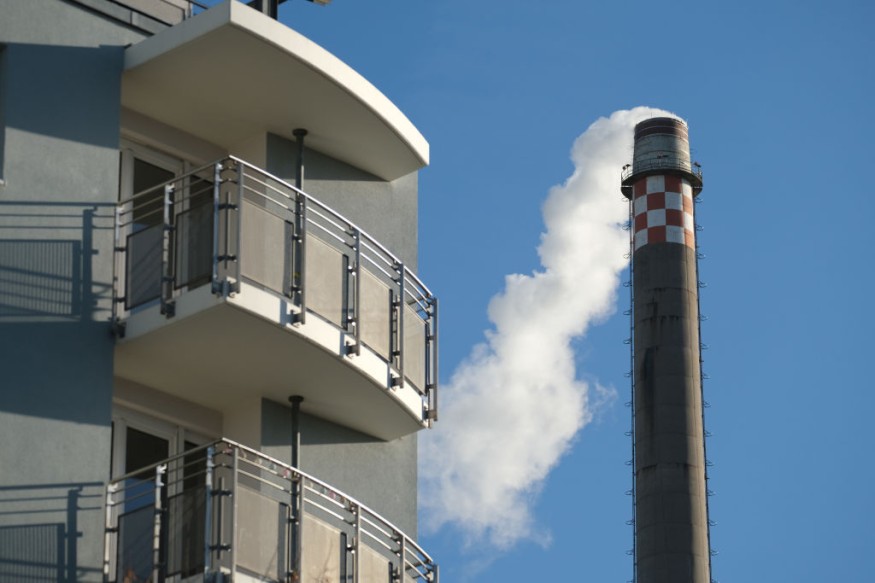The initial NDC Synthesis Study released by the UN Climate Change emphasizes that nations must double and intensify efforts and apply better, more aggressive national climate action plans in 2021 if they are to meet the Paris Agreement target of reducing the rise in global temperatures by 2 ° C and, hopefully, by the end of the century, 1.5 ° C.

2021 Goals
To face the global warming emergency, 2021 is the make-or-break year for the initiative. The science is clear; we need to cut global emissions by 45% by 2030 from 2010 to reduce the global temperature increase to 1.5C. The preliminary UNFCCC report is a red flag for the world. It shows that policymakers are nowhere near the commitment expected to reduce climate change to 1.5 degrees to meet the Paris Agreement's objectives. In their Nationally Determined Contributions (NDC), the big emitters need to step up even more ambitious emission reduction goals for 2030 far before the November UN Climate Conference in Glasgow," said UN Secretary-General António Guterres.
A new UN Climate Change report shows that climate plans submitted so far by countries do not put us on a path to meet the Paris Agreement goals.
— UN Climate Change (@UNFCCC) February 26, 2021
But many parties must still submit their #NDC. This year, we can turn this trend around. #ItsPossible
👉🏿 https://t.co/7zTXKFzQIu pic.twitter.com/NJ70jFRS4g
Time to Step Up
"It's time now. Governments, businesses, investors, cities, regions, and civil society are rising through a global alliance dedicated to net-zero emissions by 2050. COVID is a virus that infects humans. The chance to build back greener and safer is provided by recovery plans. Decision-makers must walk the talk and step up. Long-term promises must be balanced by urgent steps to kick-start the decade of change that people and the world so desperately require, "he said.
Related Article: Biden First Day: POTUS Commits to 'Global Climate Initiative' as US Rejoins Paris Climate Accords
Commitment

Parties to the Paris Agreement demanded the study to determine the success of national climate action plans, or NDCs, ahead of COP26 in Glasgow this November. It reveals that 75 Parties have communicated a new or revised NDC, reflecting nearly 30% of global greenhouse gas emissions until December 31, 2020.
"The report shows that current levels of climate ambition are far from placing us on a path to achieve our Paris Agreement goals," Patricia Espinosa, UN Climate Change Executive Secretary, said. "While we understand the recent political change in momentum toward greater climate action around the world, decisions to intensify and expand climate action must be made now in every region. This underlines that COP 26 must be the moment when a green, safe, balanced, and stable planet is on its way."
Related Article: Australia's Ruling Party Opposes Prime Minister's Climate Policy; PM Put in a Tough Spot
Improvement
Although most countries listed raised their individual levels of commitment to reduce emissions, their cumulative effect puts them on target to reach a less than 1% reduction in emissions by 2030 compared to 2010 levels, according to the study. By comparison, the Intergovernmental Panel on Climate Change has suggested that carbon mitigation ranges could be about 45 percent smaller to meet the 1.5 ° C temperature target.
Related Article: Greener Earth: The Real 'Big' Problem
Unforeseen Factors

Since COVID-19 raised major obstacles for many countries to complete their submissions by 2020, Espinosa explained that the Synthesis Study is a "snapshot, not a complete picture" of the NDCs. She announced that a second study will be published before COP26. She encouraged all countries - especially major emitters who have yet to do so - to send their data as soon as possible to be included in the updated report.
NDC Synthesis Report
The secretariat was requested by COP 21 (Paris, 2015) and CMA 2 (Madrid, 2019) to prepare a synthesis analysis of the NDCs sent by Parties before COP 26. Given the postponement of COP 26 to November 2021 and the effect of the COVID-19 pandemic on the planning process for the NDC, the Secretariat agreed to release two editions of the NDC synthesis report: the original version before 28 February 2021 and the final version before COP 262. (date to be determined yet).
ALSO READ: Common Every Day Activities that Help Mitigate Climate Change!
For more environmental news, don't forget to follow Nature World News!
© 2025 NatureWorldNews.com All rights reserved. Do not reproduce without permission.





